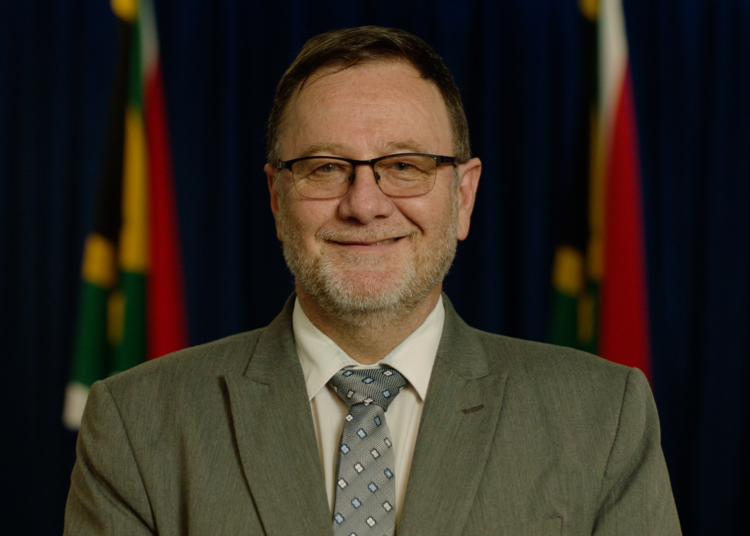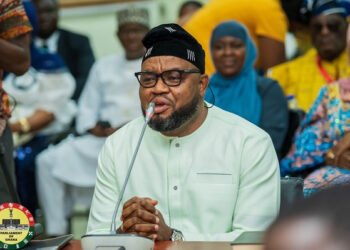Western Cape Provincial Minister of Local Government, Environmental Affairs and Development Planning, Anton Bredell, issued a stark call for ethical leadership as the cornerstone of revitalizing South Africa’s struggling municipalities during his address at the Local Government Indaba here today.
Bredell emphasized that systemic issues like corruption, theft, and mismanagement are undermining service delivery, despite ample resources in the system. “South Africa has enough resources in the system to meet the needs of our people. The real problem is corruption, theft and poor management. Ethical leadership is the only way we can restore dignity, trust and delivery in our municipalities,” he declared.
Outlining a roadmap for reform, the Minister highlighted the need for a revamped financial model to better align national, provincial, and local government responsibilities with sustainable funding. He criticized the current setup, where “national government takes a top slice first,” leaving other spheres under-resourced. Bredell advocated for stronger consequence management, including automatic interventions when councils fail to pass funded budgets. This, he argued, would shift focus from lengthy court battles to proactive support for struggling municipalities.
In addition, Bredell proposed making it mandatory for municipalities to allocate at least 8% of their budgets to maintaining critical infrastructure. To combat political interference, he suggested deploying independent auditors employed by the National Treasury within municipalities, serving as a protective shield for professional officials. “We are struggling to attract and keep qualified and experienced municipal managers and financial officers. We require reform in legislation to enable and attract suitable and qualified senior managers,” he stated.
Addressing support for vulnerable communities, Bredell pointed to Western Cape research showing that current indigent policies fall short. Legislation currently provides 6 kiloliters of water and 50 kWh of electricity per household, but he called for increases to 10 kiloliters and 150 kWh, respectively.
“As government, it is our responsibility to support people to have a dignified life… Electricity in a home means children can safely do homework at night, improving our education outcomes. Access to clean water will lessen the burden on our clinics and hospitals,” he explained. “The question should not be if we can afford to increase basic services to indigent households. The question should be: Can we afford not to invest in our people?”
Bredell also tackled the challenges of coalition politics, which he described as a permanent fixture but one that must not paralyze governance. “Coalition politics is here to stay, but municipalities cannot be held hostage by kingmakers while communities suffer. We need to put residents first, above party politics,” he added.
The Indaba, a key gathering for local government stakeholders, comes amid ongoing concerns over municipal failures, including water shortages, power outages, and financial mismanagement across the country. Bredell’s proposals signal a push for comprehensive reforms to rebuild public trust and ensure effective service delivery.






























































